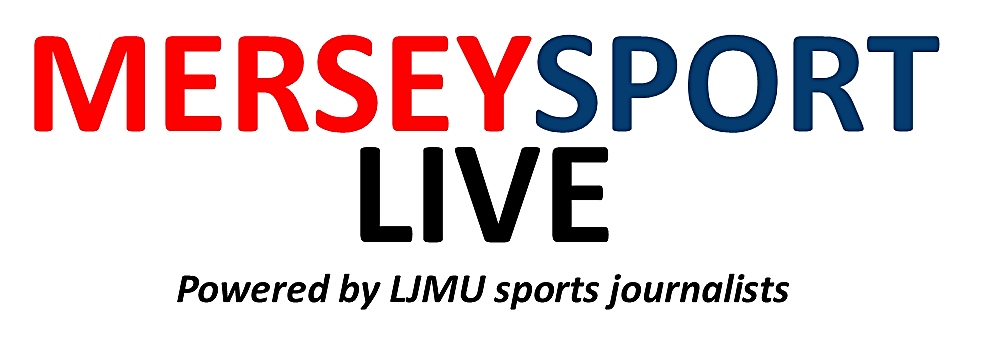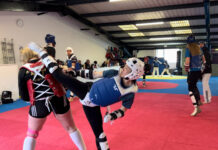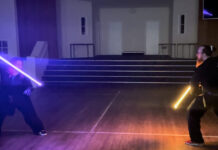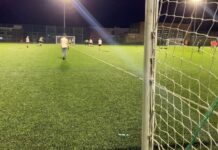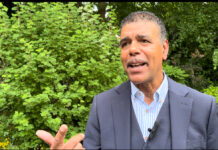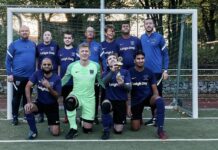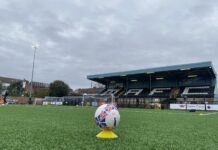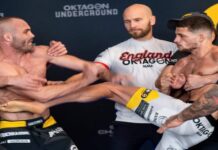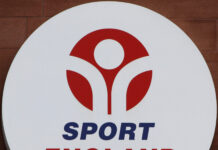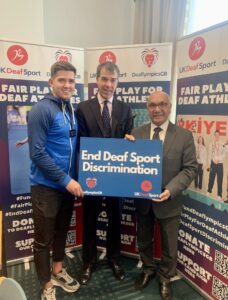 A deaf swimmer is continuing his campaign to raise more awareness for the Deaflympics as he strives for better equality.
A deaf swimmer is continuing his campaign to raise more awareness for the Deaflympics as he strives for better equality.
Nathan Young, from Wallasey, says the Covid-19 lockdowns gave him time to think and re-evaluate, seeing other athletes reaping the benefits from UK Sport that help fund both Olympic and Paralympic sport.
However, Deaf athletes were not included, which prompted his drive to fight for fairness, which is a campaign that is now just shy of 1000 days.
He said: “The Government and National Lottery give millions to UK Sport to distribute amongst national governing bodies with a remit to fund Olympic and Paralympic sport. Deaflympics gets nothing.
“It’s the second longest running multi-sporting event in the world. It’s completely hidden. A deaf child doesn’t see what they could possibly do if they followed sport.”
The 24-year-old is the fifth fastest deaf swimmer in the world, and yet he still has to sacrifice vital training hours to work and fundraise to follow his dreams, despite taking home Bronze in the Deaflympics in 2017.
Ever since he was 15, the North-West born athlete has had to work as much as 17 hour-day shifts just to finance his demanding lifestyle, after obtaining a degree in Sports & Exercise Science at Liverpool John Moores University.
“National Governing bodies like Swim England and British Swimming don’t acknowledge me. The government are failing us. I wouldn’t be here if I hadn’t found swimming,” said Young.
Having been diagnosed with bilateral Sensory Neural Hearing loss just after his fourth birthday, and before he had started school, the Wirral-born Young became more isolated as time passed.
Turning to body language and becoming more visually aware, Young decided to face the battle head on.
Growing up in a family with little awareness of deafness, those around him had to rely on professionals for assistance when he was growing up. While he is hugely grateful for the support he needed, he believes it is difficult to experience it unless you are in his shoes.
He said: “Unless you have lived through it, you have no idea what challenges a deaf person faces.”
Young, like many young lads, wanted to be on the school football team. However his experience in education wasn’t one he looks back fondly on.
“We’d practice at lunchtime,” he recalls. “I remember being tripped up, falling on the concrete ground and someone falling on top of me with such force my face hit the floor.
“My parents explained to the teacher that I wouldn’t be attending anymore.”
Young then turned to a sport that he believed he could excel in.
“I remember that fear walking into a classroom, seeing the looks from others knowing that something was going to happen. A foot coming out so that I would trip, falling into a table.
“But I could swim. I could swim well.”
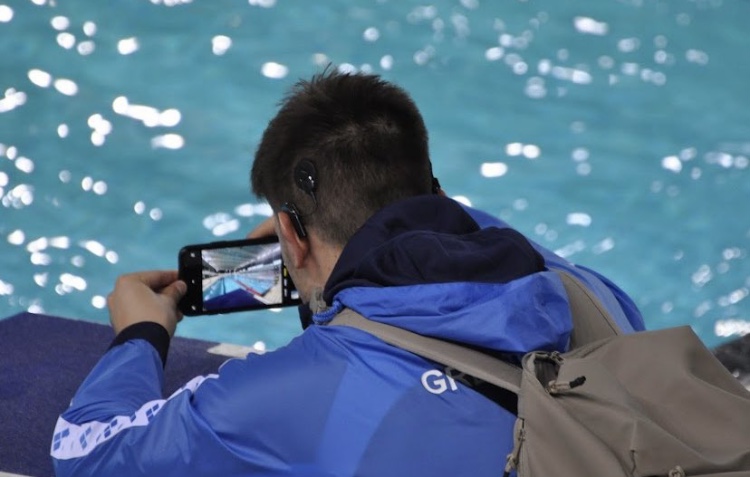
From 10-years-old and progressing rapidly, he began to look ahead to competitions, but obstacles started to creep in.
“A hearing swimmer is prepared, ready to race,” he said.
“I am never ready. Will they remember the start light? I have to read the officials’ lips to know when to get on the block or look at other swimmers.
“Will the microphone be covering his lips? Will I make a fool of myself in front of everyone? Will I be disqualified for moving?”
Next year marks the 100th anniversary of the Deaflympics, and with the Games being hosted in Japan, Tokyo, Nathan will be setting his sights on gold.
With the Deaf games attracting over 2,500 athletes, there is no reason for those participants to suffer. Instead it should be given the limelight it deserves, to celebrate some of the best talents the world has to offer.
With just over three months remaining to campaign for dedicated funding to support deaf athletes, those in need are still under half way to the 10,000 sign up target to gain a response from the Government.
You can sign the petition here.
